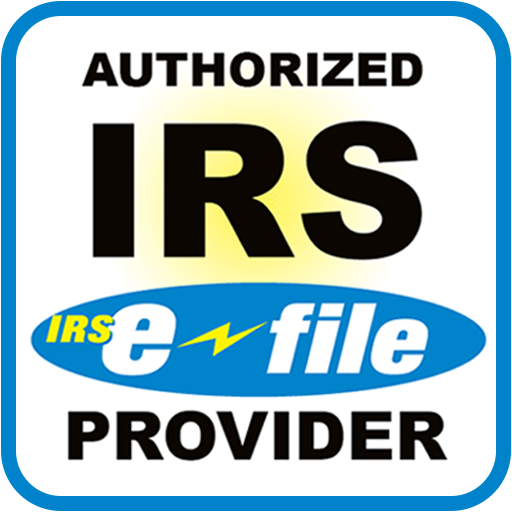
This guide outlines the liability and reporting requirements for the 1% stock buyback excise tax introduced by the Inflation Reduction Act. It details which entities must pay, how to calculate the tax, and the quarterly filing deadlines for IRS Form 720 to ensure corporate compliance and avoid penalties.

